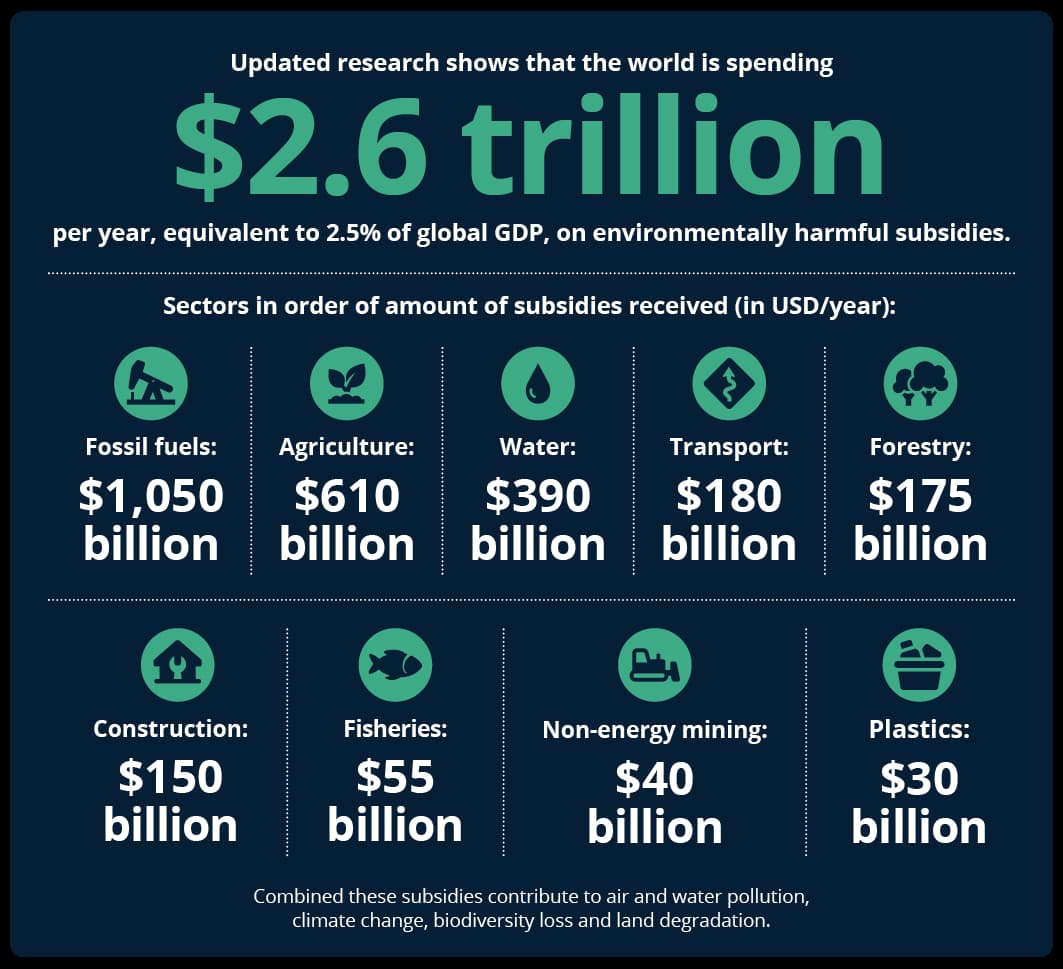Global Agricultural Subsidies Nearing $850 Billion Annually, Sparking Debate on Developing World Impact

Global agricultural subsidies have reached staggering levels, averaging $842 billion annually between 2021 and 2023, primarily concentrated in major economies like China, the United States, India, and the European Union. These substantial financial supports, often paid by taxpayers and consumers through higher prices or direct payments, are intended to stabilize markets and support domestic farmers. However, they continue to draw sharp criticism for their far-reaching and often detrimental effects on global trade and the livelihoods of farmers in developing nations.
Critics argue that these subsidies create significant market distortions, leading to overproduction in developed countries. This surplus is then often sold on the global market at artificially low prices, a practice sometimes referred to as "dumping." This makes it exceedingly difficult for unsubsidized farmers in developing countries to compete, undermining their economic viability and hindering agricultural development. Samo Burja, in a recent tweet, articulated this concern, stating, > "The subsidies mean that developed rich countries end up feeding the entire world since they undercut local inefficient farmers."
The economic fallout for developing nations is substantial. Studies by organizations like the UN Food and Agriculture Organization (FAO) and the World Resources Institute (WRI) indicate that a vast majority of these subsidies are harmful, contributing to environmental degradation and exacerbating inequality. For example, it is estimated that farm subsidies cost poor countries tens of billions of dollars annually in lost agricultural exports, hindering their ability to achieve food self-sufficiency. The case of Haiti, where local rice production was displaced by cheaper, subsidized U.S. imports, exemplifies this challenge.
While proponents of subsidies cite objectives such as ensuring food security and supporting rural economies, the current structure often fails to achieve these goals equitably. The World Trade Organization (WTO) has long grappled with the issue, with developing countries advocating for reforms that address the trade-distorting nature of these supports. However, negotiations have often stalled due to resistance from major subsidizing nations.
There is a growing consensus among international bodies, including the OECD and UN agencies, that agricultural support needs to be fundamentally repurposed. Instead of distorting markets, a shift towards investments in innovation, research and development, and climate-smart agricultural practices is advised. Such reforms could foster more sustainable and equitable global food systems, benefiting both the environment and vulnerable farming communities worldwide.